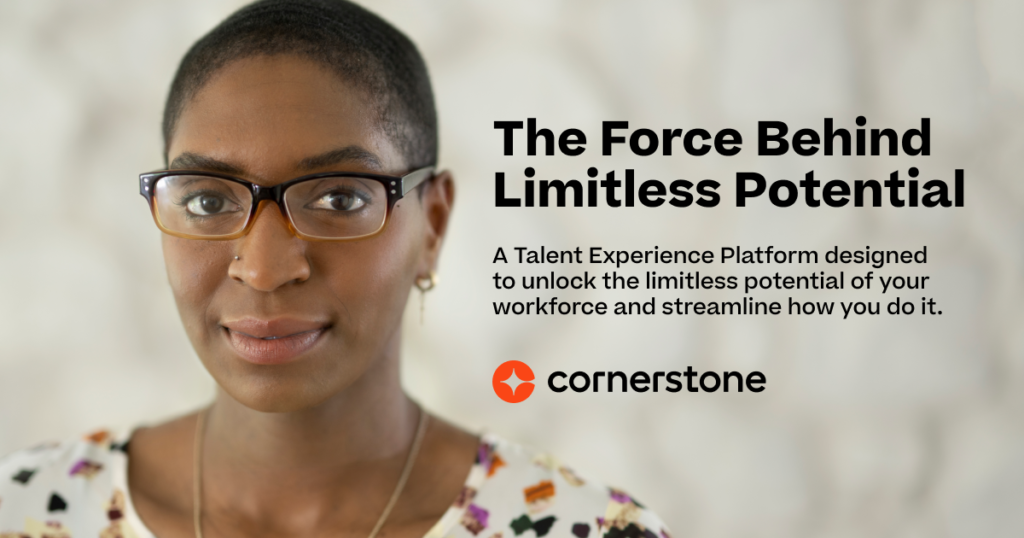Leaders face an incredible array of decisions and new ideas daily, each with potential consequences and benefits. Navigating those ideas and decisions can be challenging as you weigh the possible outcomes.
Now, imagine making those delicious with millions of dollars on the line.
That’s the world venture capitalists face as they decide which early-stage startups and investors to back.
Sebastian Mallaby, best-selling author of The Power Law, says it’s a mindset that all leaders can adopt, regardless of whether they work in an established company or an early startup.
Venture capitalists have a unique way of seeing the world and evaluating risk. They can’t look at sales or other quantitative data because these startups don’t yet have profit or revenue. VCs start by looking at the team to see if they have the right skills, connections, and track record to accomplish their proposal. They then consider the product or service the entrepreneurs want to build and evaluate the risks and possibility that the product can actually be built. From there, the last consideration is the total addressable market, meaning how big the startup could become.
Those considerations can help managers and leaders make informed decisions to balance risk and reward. Mallaby says it’s a similar thought process to what a manager might encounter when choosing who to put on a team or what projects to prioritize.
Mallaby says companies and entrepreneurs can also learn from Venture Capitalists’ approach to risk. In most cases, there’s an overwhelming chance that the startup will fail and the investors will lose their money. But there’s still the chance that if the company succeeds, it will be wildly successful and profitable. In many cases, the upside justifies the probability of losing. VCs must adopt probabilistic thinking to consider the size of their outcomes and be willing to take a risk.
Mallaby says all companies should adopt the VC approach to evaluating new ideas and being willing to invest in new ideas and solutions. As startups grow, they have the potential to disrupt larger companies, which means larger companies need to constantly be innovating and improving to stay relevant and competitive.
——————————————
Cornerstone combines best-in-class learning with growth-centric talent capabilities and the power of AI to make talent leaders champions of engagement, growth, and transformation. Learn more about how Cornerstone TXP can help you build your future-ready workforce at www.csod.com.
Startups also have the advantage of being able to experiment without as much red tape and bureaucracy, which often allows them to move faster and implement new ideas rapidly, while larger companies may get slowed down with processes.
Mallaby says the same challenge VCs face of potentially investing and not receiving a reward is like employees creating innovative solutions. Many companies allow and encourage their employees to innovate and spend time experimenting with new ideas. That’s an investment in innovation that may not pay off. It’s often a long shot with no certain payoff. But there’s a chance that it could yield a successful and profitable idea, a risk many companies are willing to take.
So, how can leaders develop a VC mindset? By being willing to take risks and understanding the people behind an idea. Mallaby says it’s often about backing people you think have the skills to succeed, not necessarily the product.
Embracing creativity, risk, and innovation can help all leaders and companies succeed, regardless of industry or size.
Listen to the episode on Apple Podcasts, Spotify, Google Podcasts, or your favorite podcast platform.
If you want more content like this you can subscribe to my Youtube channel.
——————————————
In case you missed it, I launched a subscription version of my podcast. Get ad-free listening, early access to new episodes and bonus episodes with the subscription version of the show The Future of Work Plus. To start it will only be available on Apple Podcasts and it will cost $4.99/month or $49.99/year, which is the equivalent to the cost of a cup of coffee.
Fast-track your path to leadership success with The Future of Work Plus. I can’t wait for you to hear all the content we have in store!

